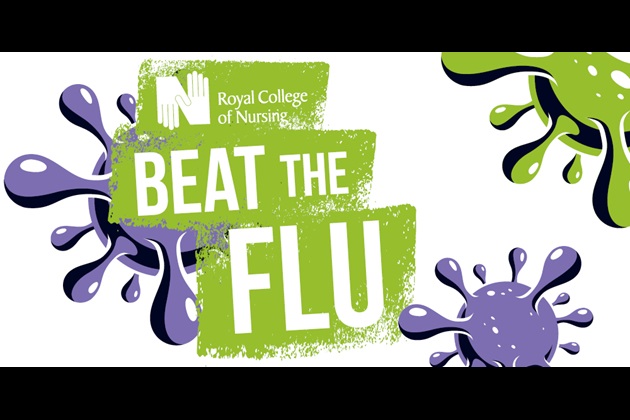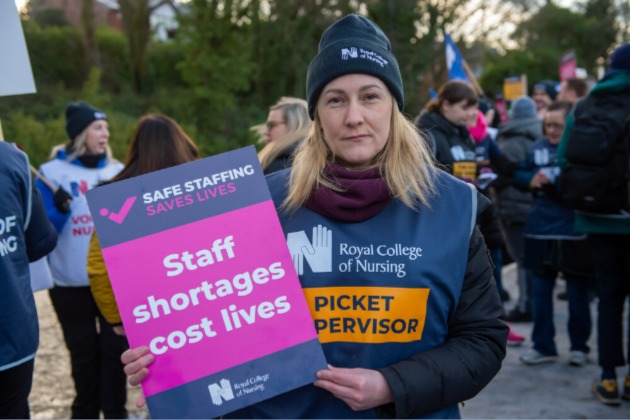Find out why you should get vaccinated to help protect yourself and your patients

Those vaccinated are less likely to spread the virus. Remember you can carry and pass on flu to others, without having any symptoms yourself.
Those who have direct contact with patients are also more likely to be exposed to infection than the general public. Very often they will be working with particularly vulnerable patients who are immunosuppressed and may not be able to have the vaccine themselves. There’s a need to protect those patients from coming into contact with flu wherever possible.
Up to one in four frontline health care staff may become infected in a mild flu season – a much higher rate than the general population. While flu is potentially dangerous and highly contagious, it is also largely preventable.

No – flu can often be much worse. Those at particular risk are older people, the very young, people who are immunosuppressed and those with underlying health conditions.
But even previously healthy people can develop severe complications, including bronchitis, secondary bacterial pneumonia and, more rarely, meningitis and encephalitis.
Last flu season saw particularly high rates of flu contributing to significant hospitalisations and death in vulnerable people.

While universal precautions are vital and a healthy lifestyle is encouraged, unfortunately these actions alone won’t stop you getting flu.
Vaccination is the best option to protect you, your patients and your family.

The vaccine has a very good safety record and can’t give you flu. Some people do suffer mild side effects after having any vaccine and these may mimic flu symptoms or be a more localised reaction at the injection site.
Occasionally people may become ill due to other viruses and think it is the vaccine that has made them ill. It is important to remember that the vaccine changes every year and just because you have had a reaction previously it won’t mean you will have one the next time you have the vaccine.

Each year the vaccine is tailored to protect against the most commonly circulating strains of flu and is slightly different, so annual vaccination is essential.
It can take about two weeks to develop immunity following vaccination, so it is important to get vaccinated as soon as possible.

As many viruses cause flu, you’ll only be protected by the immunity you’ve developed against one of them, so you could go on to catch another strain.

The effectiveness of the vaccine does vary depending on the season and people's age. It is generally 50-60% effective in those aged 18-65 and is more effective in children.

Yes - flu can be more serious in pregnancy and all pregnant women are advised to have the vaccine at any stage of their pregnancy.
The vaccine will protect them from catching flu and also protect their baby in the first few months of life.

Vaccination is free for all health care staff who have direct contact with patients. Get in touch with your occupational health department or line manager to find out how to get vaccinated.
Help fight flu with us
The RCN campaign, Beat the Flu, called on nursing staff to get vaccinated to help prevent flu in the winter.








